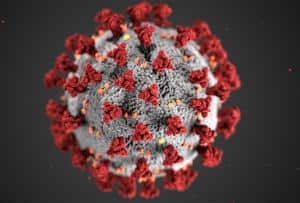ORLANDO, FLORIDA, USA, January 11, 2022 /EINPresswire.com/ -- In the January/February 2022 edition of the American Journal of Therapeutics, authors
ORLANDO, FLORIDA, USA, January 11, 2022 /EINPresswire.com/ — In the January/February 2022 edition of the American Journal of Therapeutics, authors point out that many individual studies contained within systematic reviews promoting ivermectin for COVID-19 were flawed and that ivermectin did not lessen mortality in patients with COVID-19.
Criticism of individual studies within these reviews included inappropriate study construction, failure to follow basic study procedures and guidelines, inclusion of articles with suspected fraud, impossible data points, unequal risk factors, unequal treatments, failed randomization, and inappropriate statistics.
Two of the most cited systematic reviews promoting ivermectin were originally published in the American Journal of Therapeutics in 2021 and were refuted in a recent Commentary, “Meta-Analyses do not Establish Improved Mortality with Ivermectin Use in COVID-19”, by researchers from Orlando, Florida. The Commentary is available online in an Open Access (free) format.
Currently, ivermectin is approved by the FDA for treating several tropical parasitic diseases including strongyloidiasis and onchocerciasis and is not approved for treating any viral infections. Researchers initially were interested in this drug because of anti-viral effects noted in laboratory (in vitro or preclinical) studies. However, experts have noted that less than 1 in 1,000 drugs that work in vitro are ever shown to be effective in humans and approved for use.
Stay tuned for continued discussion of this issue by the Review and Commentary authors in the March/April edition of this journal.
Steven Rothrock MD, FACEP, FAAP
Florida State University College of Medicine
email us here
![]()
